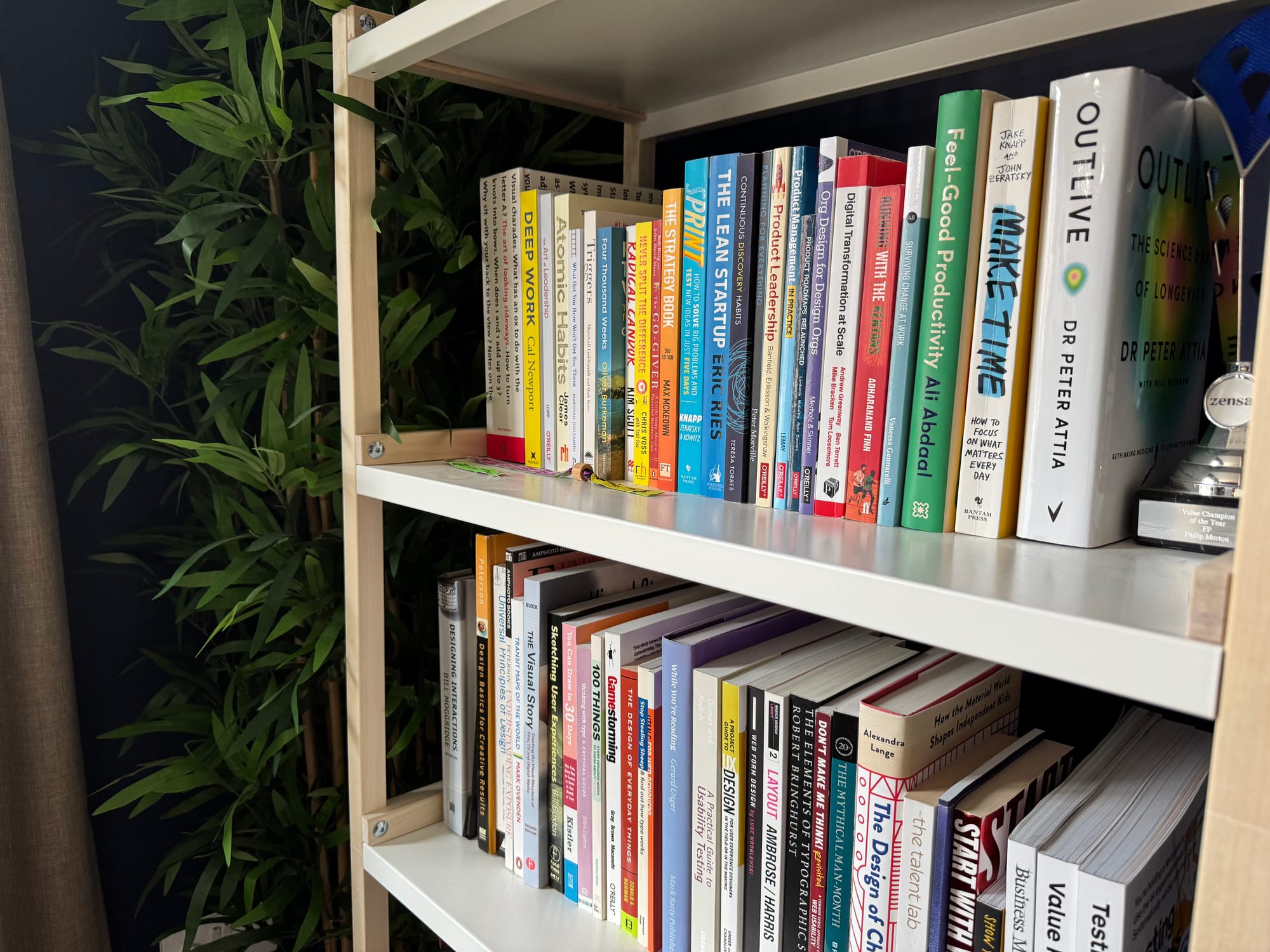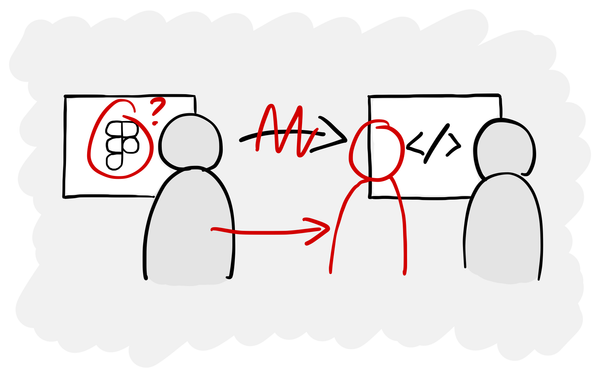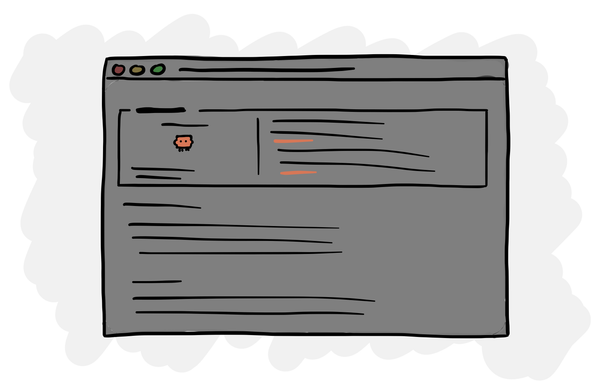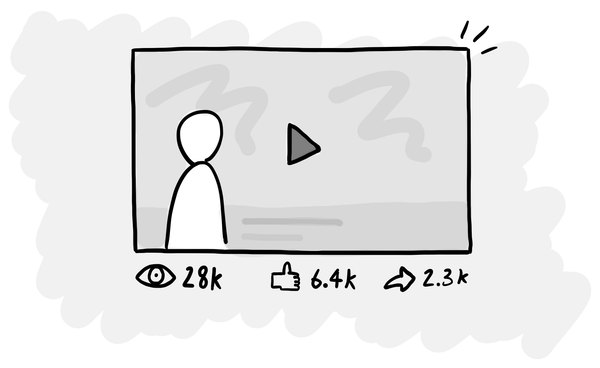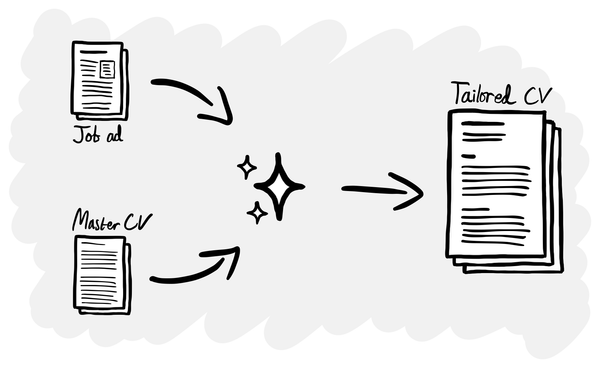This is the scariest (and most exciting) time to be a UX researcher
How to cope when everything is changing.
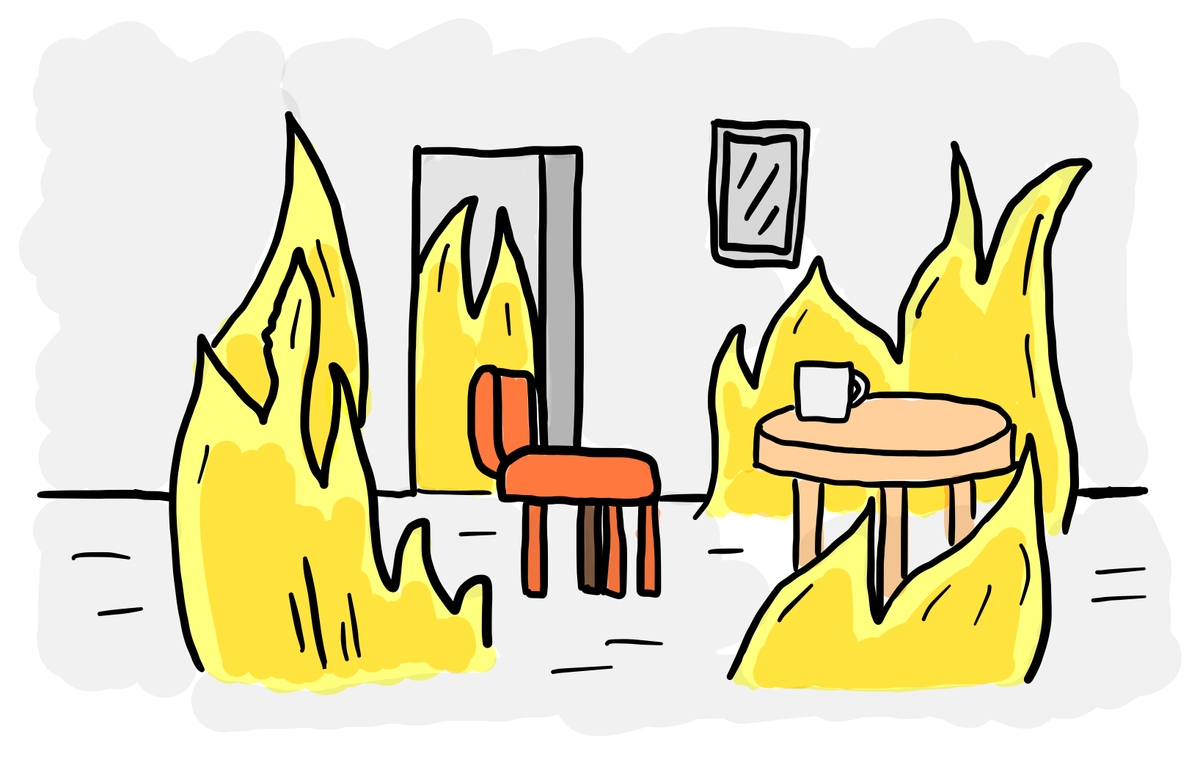
In the first ten years of my career, it felt like the craft of research didn’t change that quickly.
You could learn a method like personas or diary studies and then move on to the next one to slowly build your craft. Sure, there were new ideas that you’d have to incorporate into your practice – the rise of mobile, remote research, hypothesis-driven testing, the start of continuous discovery – but it was manageable.
These days, everything feels like it’s in flux.
It means there are a lot of opportunities to reshape how everything works – which is exciting – but it’s also the most unsettling time in a generation to be working as a UX researcher.
The forces reshaping research
There are broadly three big trends colliding to make a big mess for teams in our industry:
- AI: Not sure if you’ve heard of it, but kind of a big deal... Every week it feels like everything is changing! But at the same time, adoption is mostly at the speed of large organisations (slow).
- Evolving product models are changing how research fits into the wider process. Continuous discovery, democratised research, research ops, strategic research blending into market research... all of these were already in motion before AI arrived and now they’re colliding with it.
- Macroeconomics are not helping. Ukraine, Trump, the cost of living, climate change, debt, etc, etc. Companies can’t predict what will happen next so they’re cautious about investing. Yet they also need to change everything because of AI.
A million unanswered questions
Every research team has an endless list of things to figure out right now:
- Which parts of our workflow should we augment with AI versus fully automate?
- Should AI moderate user interviews, and if so, when and how?
- How do we defend against fraudulent participants and bots using AI to fill in surveys or fool AI moderators?
- How does this change our carefully assembled process for democratising research?
- What’s the AI-native version of personas, journey maps, or other core deliverables?
- How do we ensure quality and rigour when analysis is AI-assisted or automated?
- Who is responsible for setting up and maintaining the “plumbing” of AI research workflows?
- How do we make sure that any AI tools we spend 6-12 months getting through procurement won’t just disappear overnight?
- What’s the role of ethics and consent when participants interact with AI moderators?
- How do we integrate research when design and engineering are also AI-driven?
- What’s the balance between fast, AI-driven insights and slower, human-led depth?
- All these platforms are great, but what about in-person research? What should we do with our lab?
- How do we use these new tools to market our insights internally?
- Will AI replace entry-level research roles and if so, how do juniors build experience?
- Should researchers become generalists, or double down on specialisms AI can’t reach (like physical or regulated contexts)?
- How do we plan a career when the ladder is clouded in fog and the next rung isn’t visible?
Good luck being a leader of a research team right now! 🫠
The thing that feels impossible about all of this is that the answers to most of the questions above are either constantly changing or unanswerable.
It feels like you can’t pin down what the world will be like in 6 months, let alone 2 years. If you can’t predict what will happen, how can you make any decisions about anything?
Speculating about the future of research
We don’t know what will happen, but let’s do some guessing.
Here are a few possible directions that UX research roles could go in the next few years:
- Specialists: You go where AI can’t. If AI takes over the bulk of everyday insight gathering, then researchers will end up focusing on domains where AI can’t reach or isn’t suitable: physical products, mission-critical systems, regulated environments, etc. It becomes an even more niche role.
- AI ops managers: Rather than doing the research, your job is to manage AI agents that do. You set up workflows, manage tools and ensure quality, much like a DevOps role but for research.
- Generalists: You’re not a researcher, you’re a product builder who uses research alongside strategy, design, market analysis and service design. Your role is to make new products and features using whatever tools and methods you need.
- AI trainers: As an expert in research, you write evals for AI to train it how to moderate sessions, analyse research and so on. Experts are already in very high demand for this task.
- Career shifters: You move laterally into product management, design, engineering or something else where you can use your (very transferrable) skills.
What will a research team look like in five years? Will we even have a role of ‘researcher’? We don’t know.
What to do
All of this uncertainty is uncomfortable, but there are some practical things we can do:
- Accept that it’s stress-citing. As I’ve heard Tim say a few times, some of the most interesting times in your career are when it’s stressful and exciting. Two things can be true at once: it’s uncomfortable and it’s an opportunity to make things better.
- Treat every project as an experiment. Don’t take your methods for granted. With each piece of work, ask yourself: is there a better way to do this? What’s one new thing I can try?
- Broaden your skill set. Don’t limit yourself to moderating research and writing reports. Learn adjacent skills: design, strategy, market research, data analysis and so on. Having transferable skills is the best hedge against an uncertain future.
- Build AI literacy, but don’t obsess over it. You don’t need to be the number one AI expert in your company. Spending a couple of hours a week watching videos, reading articles or listening to podcasts will put you in the top 20% of most companies. Then integrate what you learn into your work.
- Stop comparing yourself. There are pros and cons to being on the cutting edge versus being a fast follower. The people ahead might gain an advantage, but they might also waste time going down the wrong path. Don’t compare yourself to what you see on LinkedIn.
- Focus on mindset over mastery. Curiosity, openness and pragmatism matter more than chasing every new tool or technique. Everyone is trying to figure this out. Don’t worry: everyone else feels like they’re playing catch-up too.
- Delegate. If you’re a research leader, don’t try and do it all yourself – you’ll burnout before you manage to answer all of the questions above. Lean on your team and give them opportunities to shape the future of research.
This is an uncomfortable time for many people in research. But it’s also an exciting opportunity to change how everything works.
We can’t see the future, but what we do know is that the demand for understanding how customers think and act keeps growing.
Yet how organisations gather and use insight in the future is an open question.

